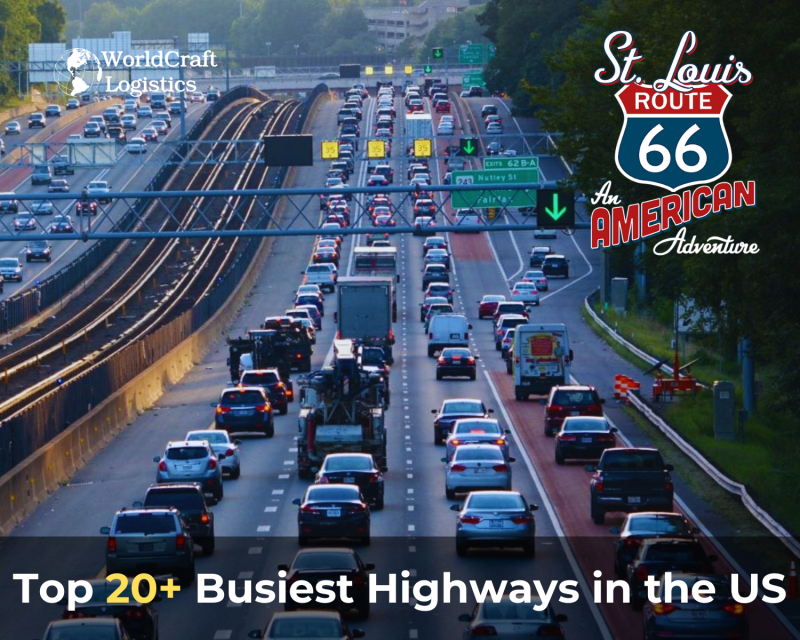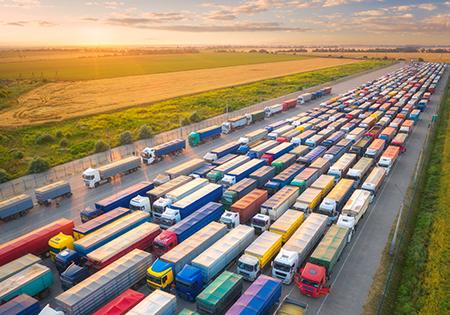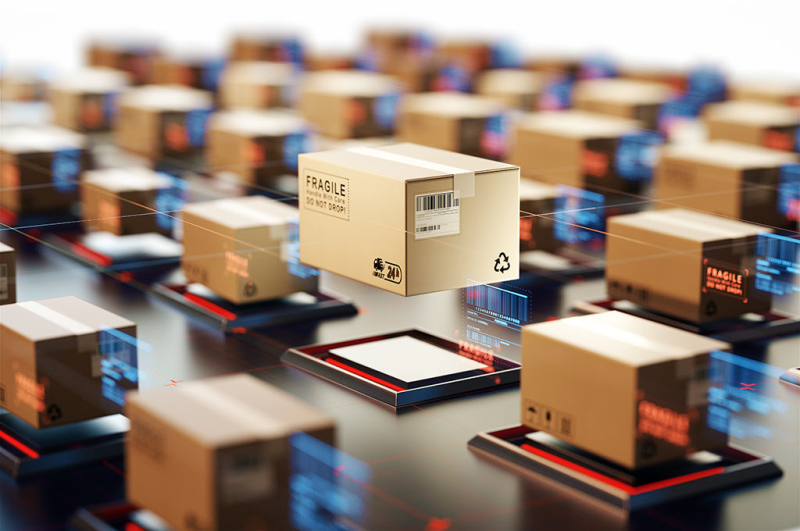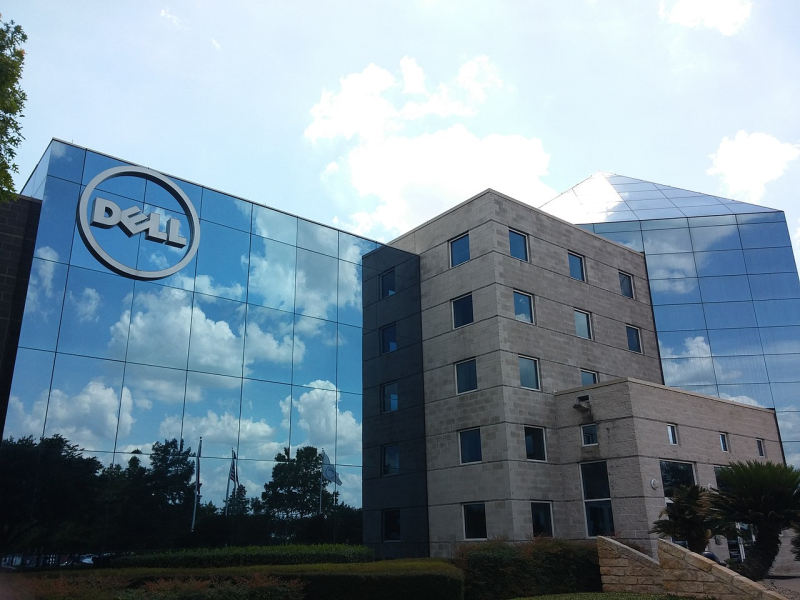
Starting June 1st, 2023 Our warehouse fee will be $0.65/cubic foot per month
In effort to lower the warehouse storage fee during inflation, we have went narrow aisle racking.This construction took us four months but the project is finally completed. With narrow aisle racking, we are able to drop storage by 24%.We as partners will go through this inflation together.
04/07/2023
Chinese cars are so "polluted" that they are causing seaports in Australia to be congested due to the long time spent in quarantine.

( Source: Drive - Australian Government data "accuses" car manufacturers of too much infection)
According to Drive, the waiting time for cars at seaports in Australia has been extended when the number of cars needing disinfection is at a record level. Topping the list of infections is Chinese cars. This has caused many Australian ports to be congested and delayed in handing over vehicles to customers.
This is the first time the Australian Government has released detailed information on biological threats to imported cars. Accordingly, last year, up to 11,000 cars from China needed to be decontaminated due to biosecurity risks such as snails, foreign seeds, and bugs.

This number is twice as high as the second source of “harmful” cars on the list: Thailand with 4,200 vehicles. Spain (3,900 vehicles) and Japan (3,700 vehicles) are the next sources of imported cars with high biosecurity risks.
Not only ranked first in the number of infected cars, the danger of Chinese cars (in terms of the percentage of cars that need to be disinfected in the series of vehicles docked) is also the highest.
China's car disinfection rate is 7.3%, while Japan's is only 1% or Thailand's 1.7%. Chinese cars exported to Australia are mainly from MG, Great Wall Motors Haval, LDV, BYD, Tesla and Polestar - the brand under Volvo is owned by China.
Surprisingly, South Korea ranks third in the number of vehicles entering Australia but is not at the top of the government's biosafety risk rankings.
The Australian government does not specify which car brands need to be disinfected. But last year, MG took the rather unusual move of loading cars onto ships, sending them back to China for pest control, and a day later the same ship returned to Australia.
According to Drive, the time to unload about 3,000 cars from the container takes only about 24 hours, but the disinfection time is longer than that. Each disinfection station can only handle a maximum of 6-9 vehicles per hour, or about 150-220 vehicles in 24 hours.
The number of new cars that need decontamination has increased by 88% over the past year, from 17,700 vehicles detected in 2021 to 33,300 vehicles detected in 2022. The large number of vehicles that need to be disinfected leads to serious congestion at the stations. Australian seaport.
It is worth mentioning that not only "dirty cars" have to wait in line for decontamination, but "clean" cars also have to wait for their turn to be unloaded. According to the website Price My Car, the average waiting time for Australian customers to pick up their cars this year was 131 days, compared with just 30 days in 2019.

( Source: Drive - According to the Australian Government's explanation, cars are often infected when lying in an outdoor warehouse - easily exposed to sunlight and rain, insects - waiting for shipment)
The situation is so bad that Australian Agriculture Minister Murray Watt has urged car companies to "make sure vehicles are cleaned before they are loaded onto ships to Australia". The minister told The Age and The Sydney Morning Herald: "I can declare the matter resolved tomorrow if the car manufacturers do their part."
Miley
Marketing

Hot News
08/05/2024

Hot News
02/23/2023

Hot News
02/23/2023

Hot News
02/06/2023
Hot News
02/07/2023